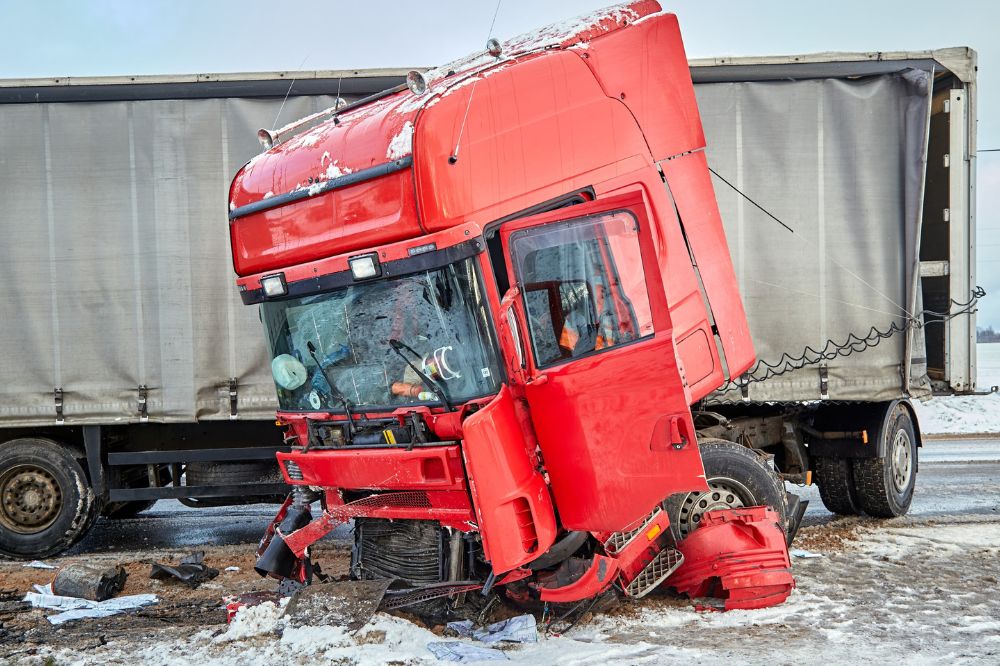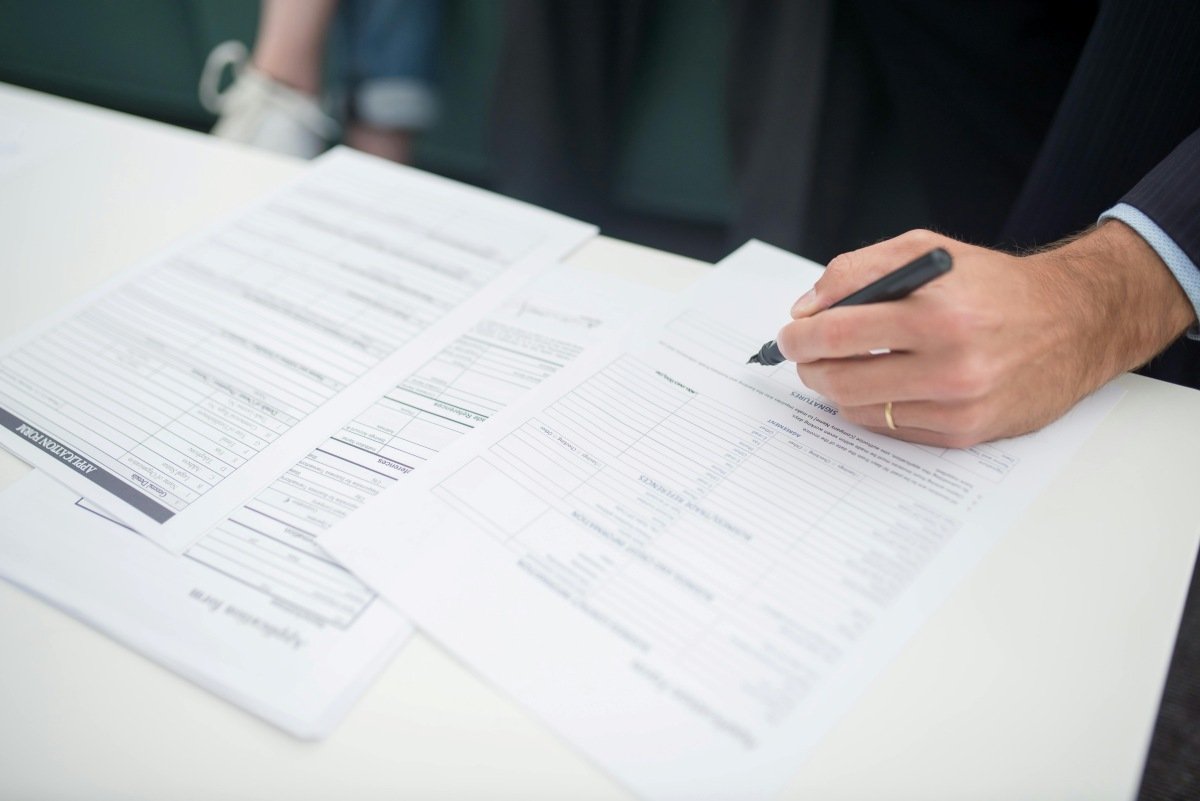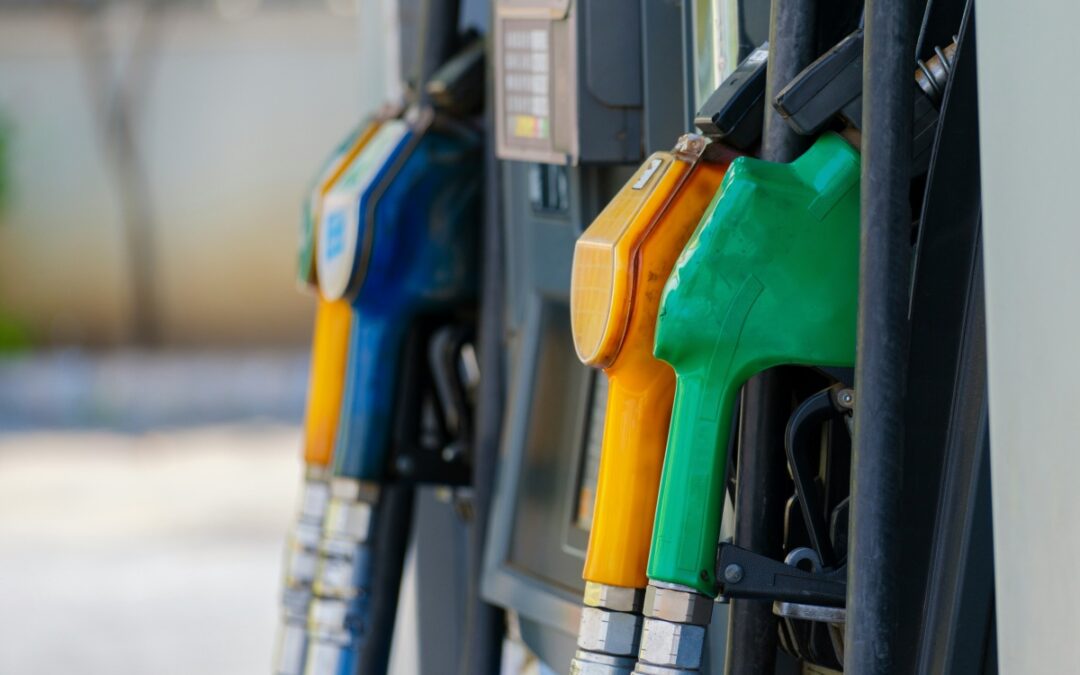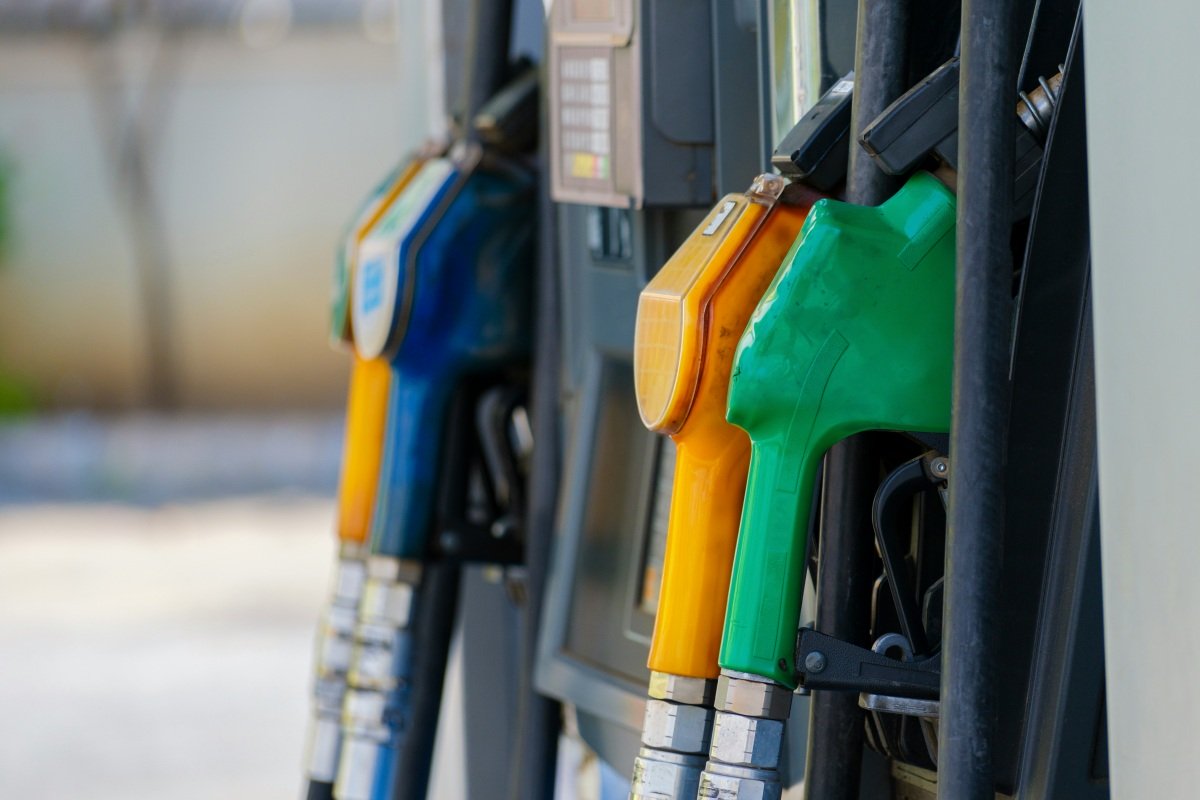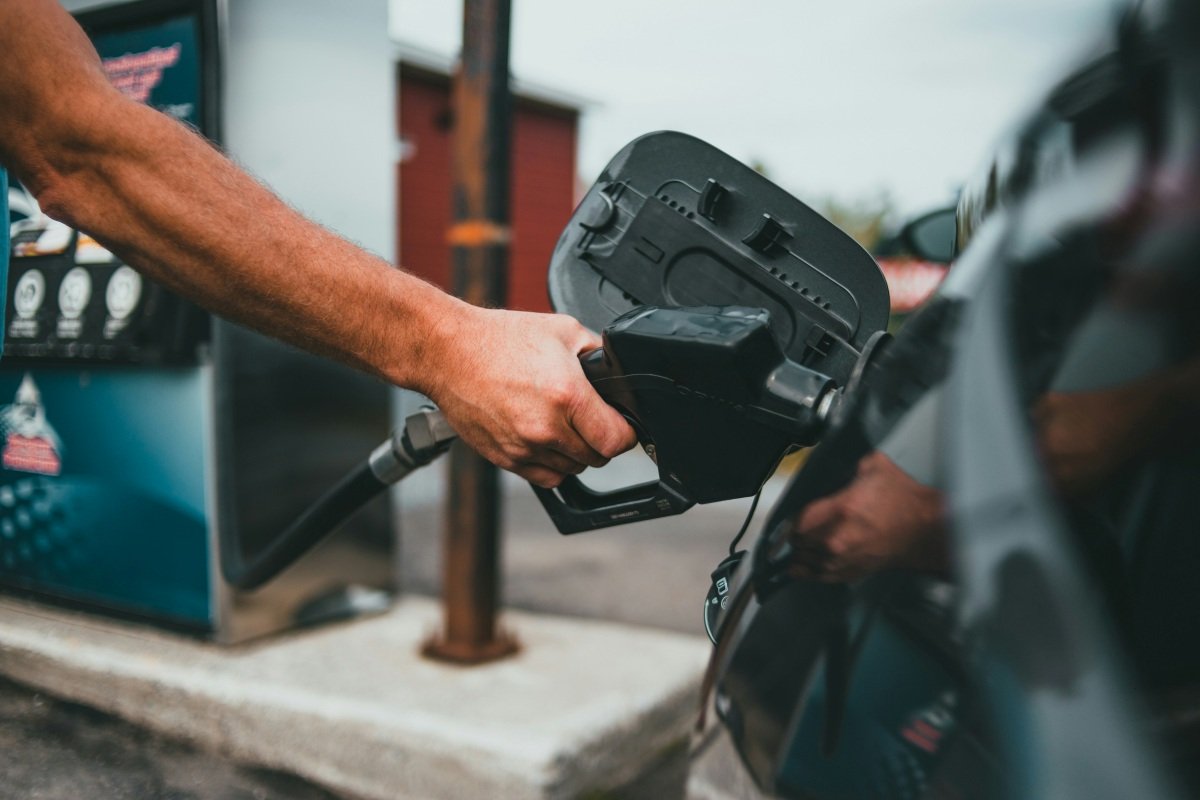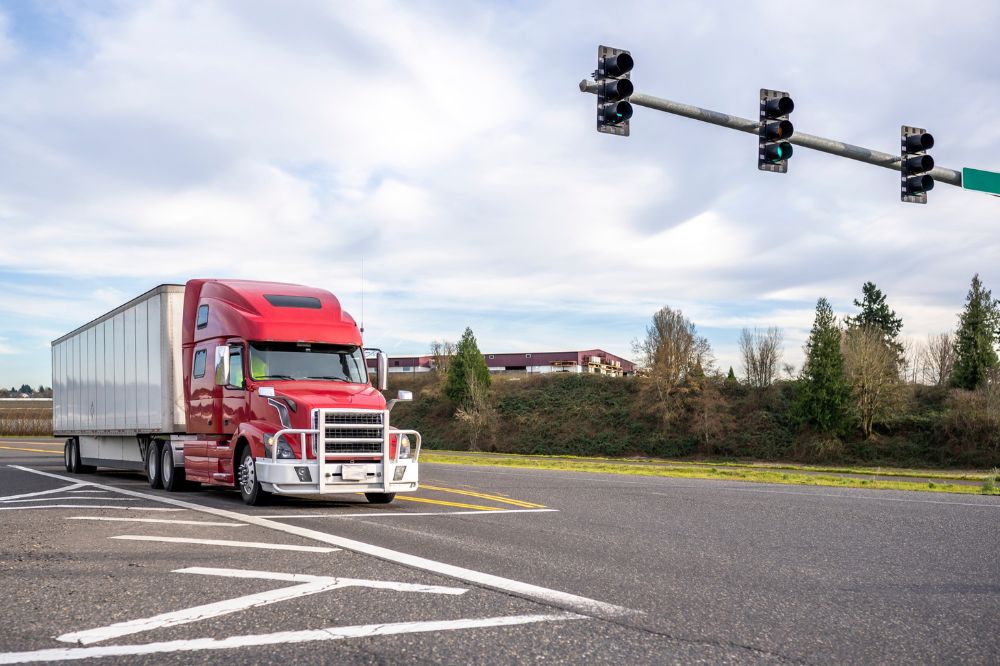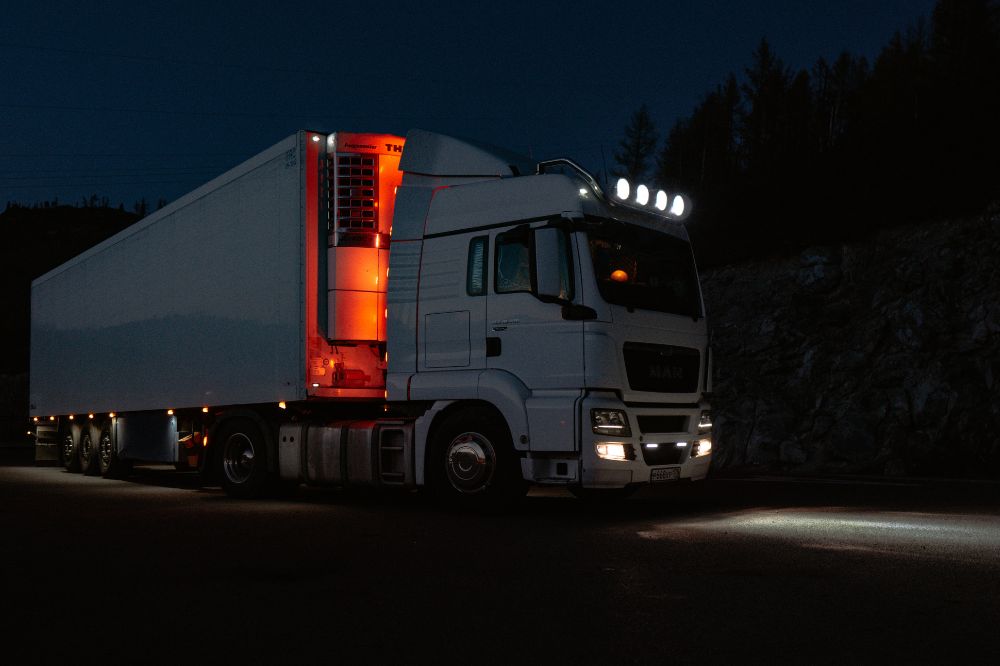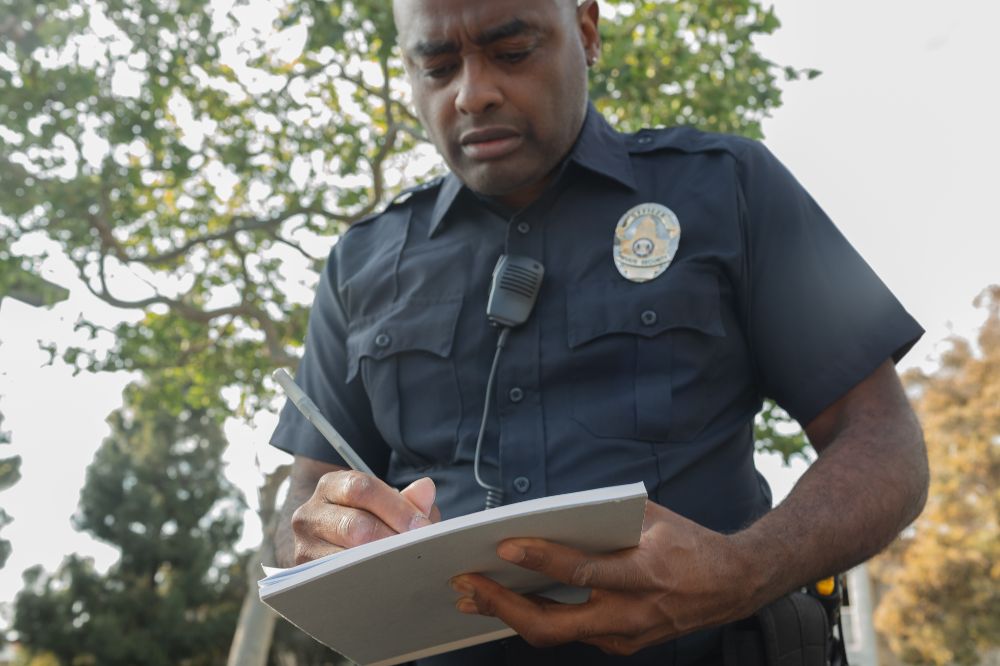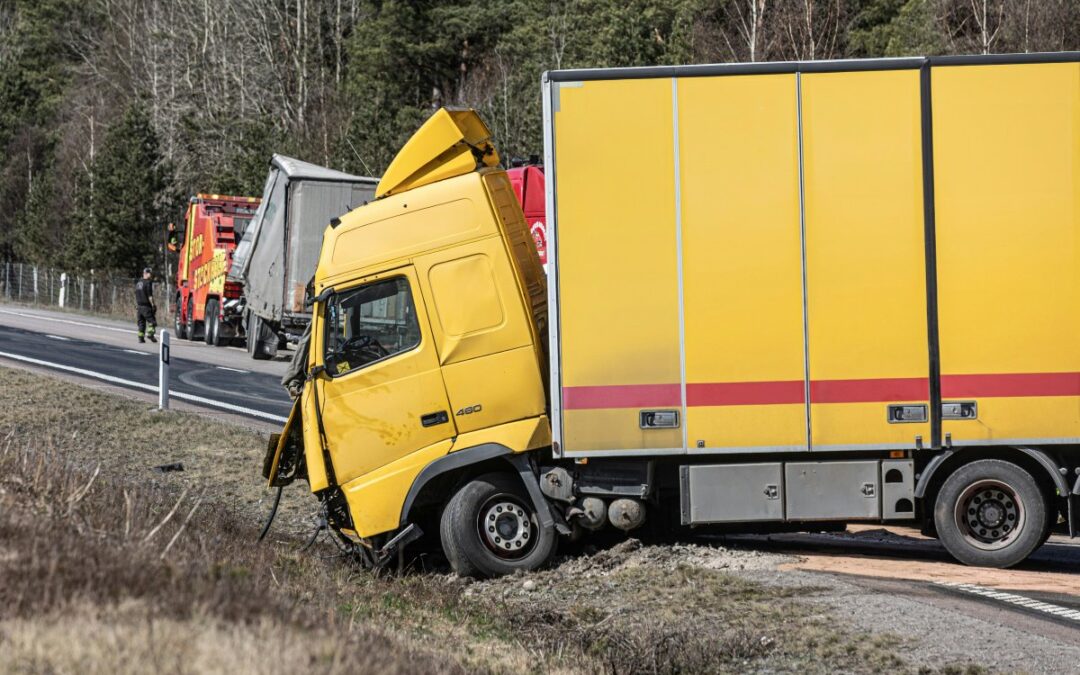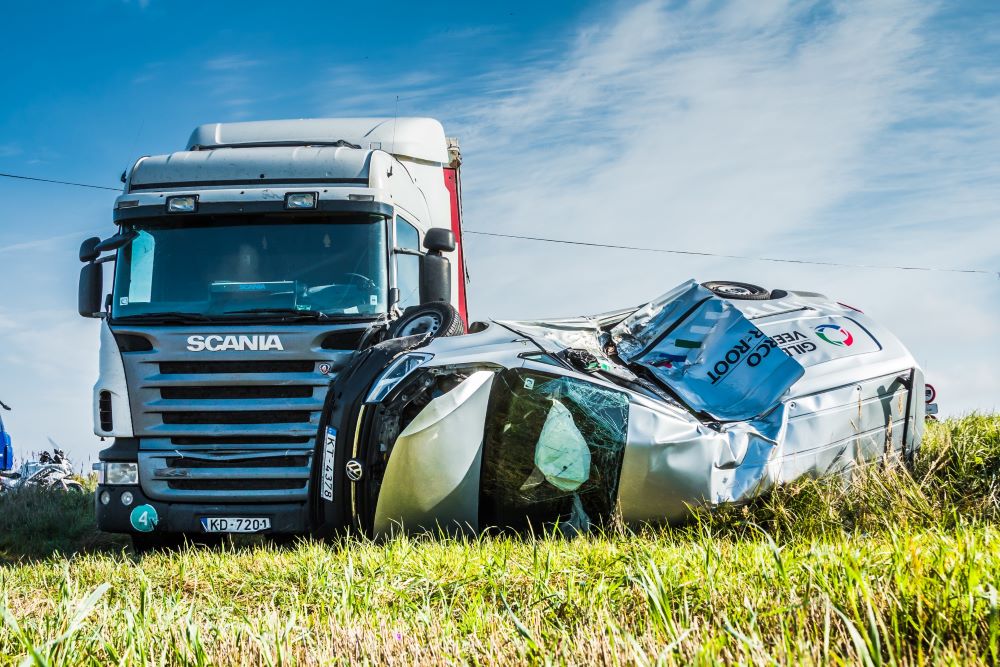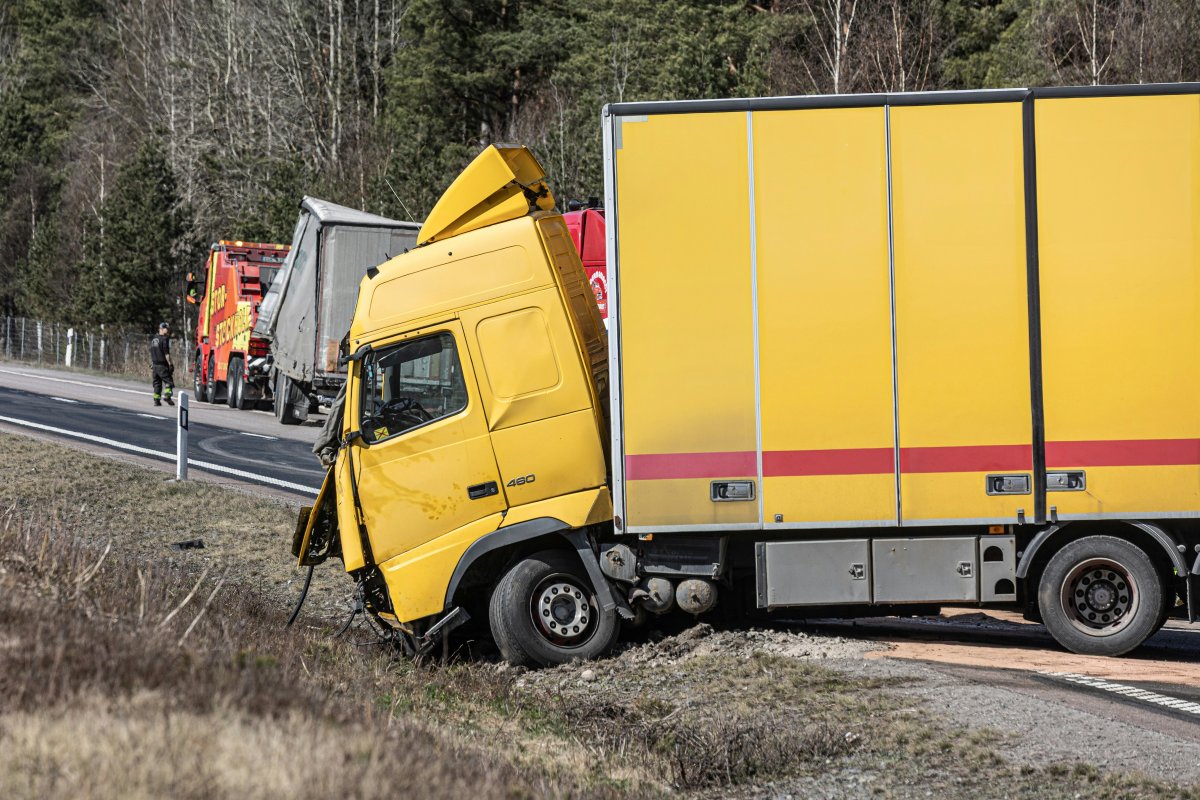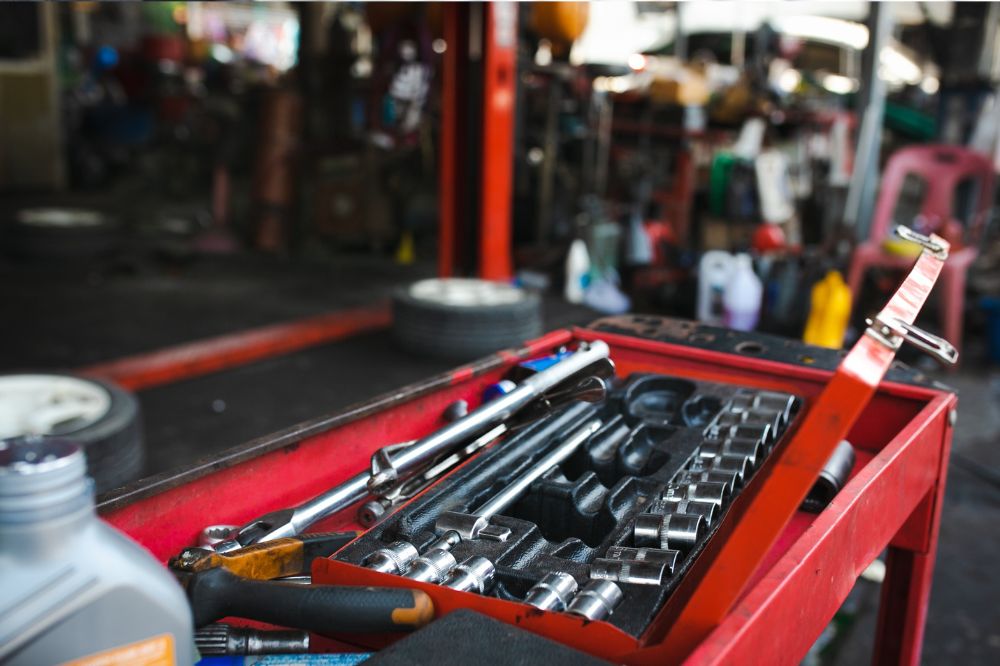
Having semi-truck driver tool kit essentials as a trucker is crucial. If your vehicle breaks down, the right tools can help you handle minor repairs quickly, minimizing downtime so you can keep moving.
Without a curated truck driver toolkit, you risk interrupting your trip schedule for too long, ultimately reducing your income because repair shop mechanics can take hours to arrive for simple 10-minute light repairs.
Here’s the thing, though – there are so many tools for truck drivers. What are the most essential tools you should carry? Read on to learn more and assemble the ultimate trucker tool kit to match your needs.
What to consider when purchasing driver tools
To purchase truck driver tools that work well and offer great value for money, keep the following factors in mind:
Quality and Brand
Brands differ in terms of the quality of products they offer. You want to find high-quality tools that don’t need replacement often. The best way to identify such tools is by reading product and brand reviews.
You could also ask other truck drivers to recommend their best products. For this, pose your questions on different trucker groups online to get solid recommendations from truck drivers who’ve used the products they’ll recommend. You’ll get honest opinions to help you pick the best brands to work with.
Job Type
Why do you need a specific tool? What will you use it for? Understanding the answers to these questions will help you purchase the correct tools for the job. Some truck driver tools serve niche purposes. You don’t want to buy a tool made for flatbed truck drivers if you’re not a flatbed truck driver.
Price
Price is a key factor when buying semi-truck driver tools. However, cheaper isn’t always better. You may save money at the time of purchase but end up spending more due to frequent replacements. Similarly, the more expensive option may not be better either. Try to strike a balance between price and quality so you can find affordable, high-quality tools that will serve you well for a long time.
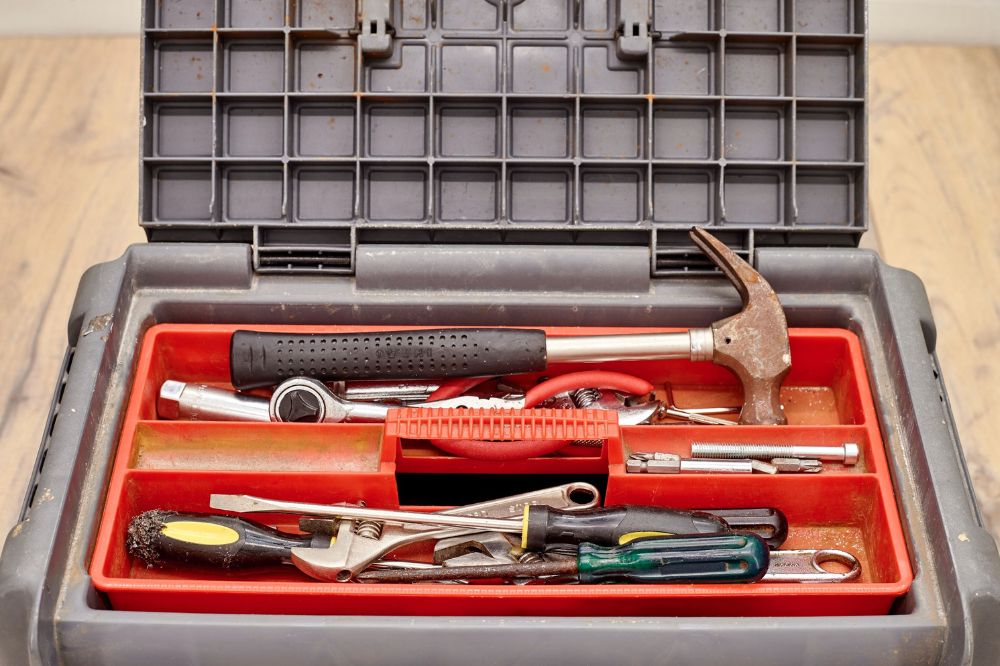
17 essential tools for truck drivers
Some essential tools nearly all owner-operators carry and find helpful during their trips include:
Toolbox
A toolbox will help you keep all your tools in one place, so they’re easy to find when required. Get one that is effective yet compact. You want it to fit inside your truck without taking up too much space while providing enough room to accommodate almost all the other tools you need.
Also, look for a toolbox with several compartments, or consider purchasing a truck toolbox organizer. It will help you organize your tools according to their use, making it easier to get the right tool for a specific job when needed.
Standard Hand Tools
Standard hand tools, like screwdrivers, bolts, and nuts, are necessary for various truck repairs. Because you can never tell which issues may come up at a time, it’s best to keep a set of these essential tools close. You can purchase a 200-piece multipurpose set of bolts, screwdrivers, and nuts at a decent price, and they’ll last you a while.
Vice Grips
Vice grips are the go-to trucker tool for several truckers because of their versatility. Well-designed vice grips can help you remove or tighten nuts and bolts, bend wires, remove broken screws, cinch leaky tubes, and keep things in place. Include straight-jaw and curved vice grips of different sizes in your toolkit. You’ll be well-prepared for any repairs that may come your way.

Sledgehammer
Sledgehammers are perfect for identifying tire problems beforehand. You can perform quick tire pressure checks by hitting each tire and listening to the sound they produce. If your tires produce unfamiliar sounds, you’ll know there’s a problem and can handle it before it gets out of hand.
In addition, purchase a regular medium to large hammer. You’ll need it to perform various tasks, like releasing stuck 5th wheels and frozen brakes or knocking ice off frozen padlocks and latches.
A Metal Dowel Rod
Metal dowel rods are must-have truck driver tools if you haul loads during winter. When your brakes freeze or get stuck, a dowel rod can help you break the ice and get back on the road faster. Ensure you’re keen not to hit your brake lining when using them. You don’t want to crack it and deal with more costly repairs.
Wrenches
Truckers should have wrenches to help loosen or tighten nuts and bolts when necessary. Preferably, get 6-, 8- and 10-inch adjustable wrenches, commonly known as crescent wrenches. They offer more coverage if you have to handle odd-shaped nuts and bolts.
A 4-inch crescent wrench may also be helpful if you need to work on the smaller, hard-to-reach sections of your truck, and a 12 or 14-inch is perfect for work on your trailer.
Crowbar
A crowbar is a multipurpose tool that can help you remove nails from the trailer bed before loading, break down wooden pallets, or pry open crates. With this tool, you can create more space at the back of your truck to carry more cargo or keep your load light.
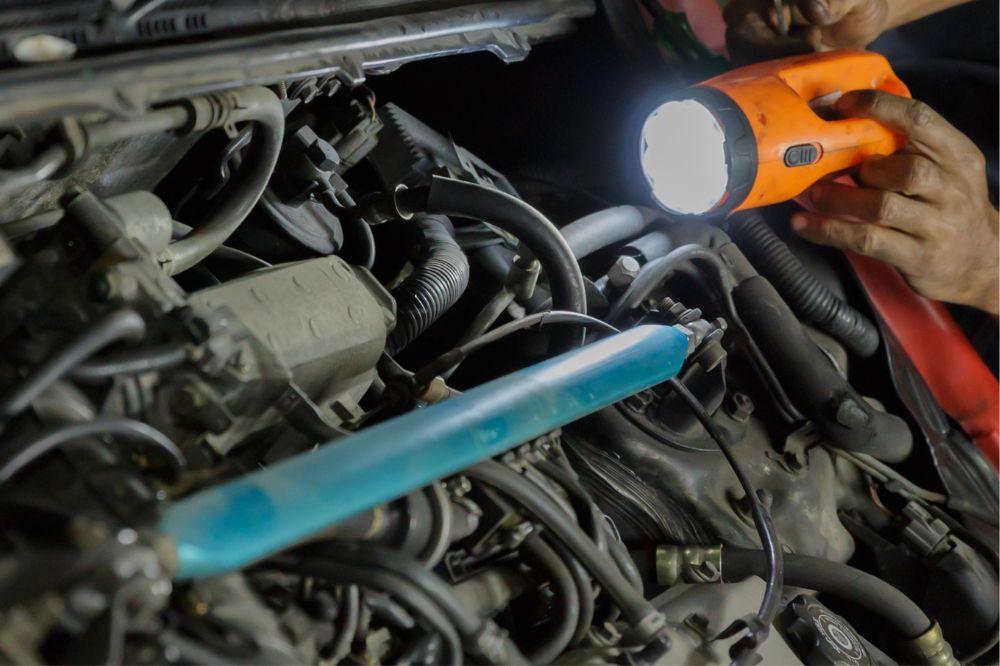
Flashlight
Flashlights are essential for driving at night. You want to include a small and large flashlight in your toolkit. You can use the small flashlight to confirm if your 5th wheel is coupled to your trailer correctly. The large flashlight will be helpful when conducting pre- and post-trip vehicle inspections late at night or early in the morning.
Gloves
Gloves keep your hands warm and protect you from injuries when fixing your truck. Different gloves help with various tasks. For example, canvas gloves are multipurpose and perfect for all sorts of handy work. They’ll help you get a tight grip on different tools, making your job easier.
You may also consider leather gloves for refueling, checking oil and belts, or windshield washing.
Duct Tape
Duct tape is a staple in most truckers’ toolkits because of its strength and durability. Specifically, clear and gorilla duct tape helps with quick fixes in and around your truck. Say you find damaged wires during your routine inspections. You can use clear duct tape to fix the problem temporarily until you get to a shop for repairs.
Wire Cutters
As an owner-operator, you’re likely to encounter various situations that require you to use wire cutters. Having them at hand will prevent frustrations.
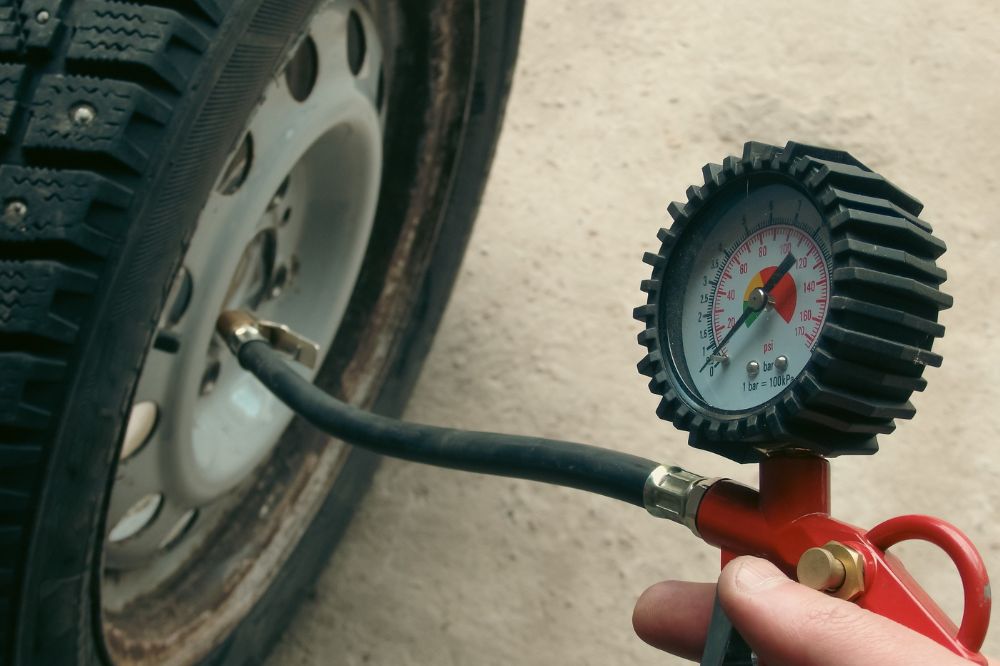
A Tire Depth Gauge
Having a tire depth gauge in your toolkit helps with proper tire maintenance. You can perform routine checks to see how much time you still have with your tires, so you know when it’s time to replace them.
Tire Air Pressure Gauge
The internal pressure of your tires changes as the air heats up and expands. You need this tool to confirm if your tires have enough air at least once each day.
Final Thoughts
All these tools will help you save time and money while keeping you safe on the road. But remember, these are physical tools to help with mechanical truck repairs and maintenance. Other digital tools can help you increase the efficiency of your trucking operations.
If you’re an independent owner-operator, consider using trip planning plus load profitability apps to keep your fuel costs low and profit margins high. Or use real-time load trucking apps to connect with more well-paying trucking jobs.
For more recommendations of tools that can promote your health and make your trucking lifestyle more comfortable, visit our blog. Specifically, check out our detailed guides about top gifts for semi-truck drivers and the best semi-truck seat cushions.


